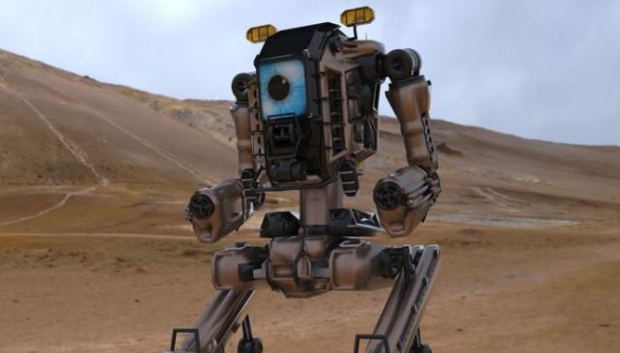A boycott of Korea’s Advanced Institute of Science and Technology (KAIST) – led by Australian AI expert Toby Walsh – has been called off after the university’s president committed to not develop lethal autonomous weapons.
Last week, 56 artificial intelligence and robotics experts from 30 different countries said they would boycott KAIST, South Korea’s top university, after it opened an AI weapons lab in collaboration with arms company, Hanwha Systems.
On 9 April that boycott ended after KAIST president, Professor Sung-Chul Shin, said: “KAIST does not have any intention to engage in the development of lethal autonomous weapons systems or killer robots.”
“KAIST will not conduct any research activities counter to human dignity including autonomous weapons lacking meaningful human control.”
The AI experts said on Tuesday: “Given this swift and clear commitment to the responsible use of artificial intelligence in the development of weapons, the 56 AI and robotics researchers who were signatories of the boycott have rescinded the action.”
Toby Walsh, who is Scientia professor of artificial intelligence at the University of New South Wales, said he was pleased that the university has agreed not to develop autonomous weapons and following international norms by ensuring meaningful human control of any AI-based weapon will be developed.
“It goes to show the power of the scientific community where we choose to speak out; our action was an overnight success. We initially sought assurances in private from the university more than a month ago about the goals of their new lab. But a day after we announced the boycott, KAIST gave assurances very publicly and very clearly,” he said.
Walsh said there are plenty of good applications for AI, even in a military setting. No one, for instance, should risk a life or limb clearing a minefield – this is a perfect job for a robot. But we should not, however, hand over the decision of who lives or who dies to a machine. That crosses an ethical red line and will result in new weapons of mass destruction,” he added.
The United Nations will meet in Geneva this week the discuss challenges posed by lethal autonomous weapons, often called killer robots. It will consider military applications of AI, and options for addressing the humanitarian and international security challenges posed by lethal autonomous weapons systems. Already, 22 of nations taking part have called for an outright and pre-emptive ban on such weapons.
“Back in 2015, thousands of my colleagues in AI wrote an open letter to the UN warning of an arms race to develop autonomous weapons,” Walsh said. “We couldn’t therefore sit back and watch a top university collaborate with a such a controversial industry partner to accelerate that race.”
IDG News Service








Subscribers 0
Fans 0
Followers 0
Followers